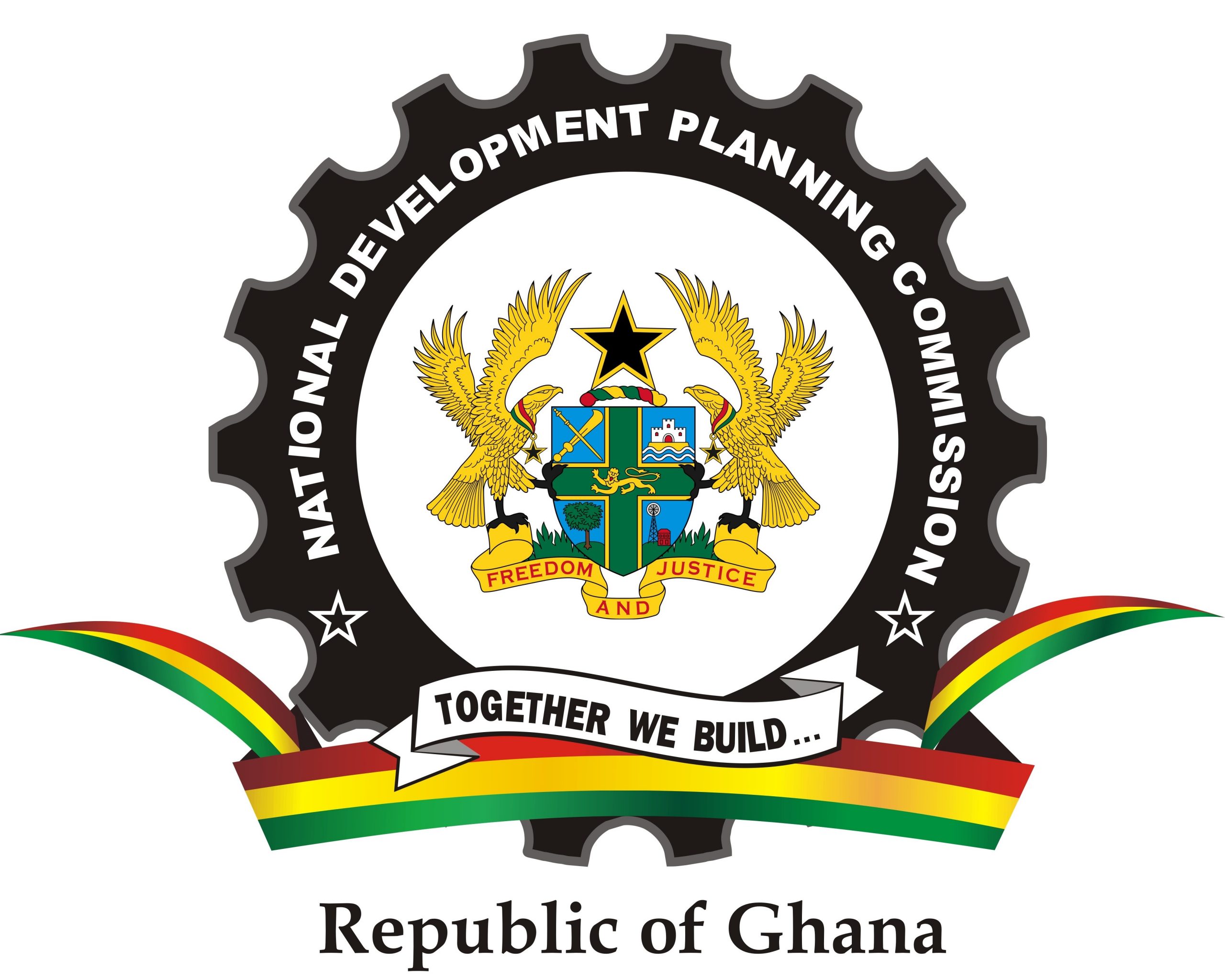Ghana launched a long-term development framework on Tuesday to guide the agenda to lift the country to upper middle-income status by 2057.
The Ghana Vision 2057 Long-Term Development Perspective Framework developed by the National Development Planning Commission (NDPC), the constitutional body charged with advising governments on development planning, prescribes the development agenda over the period of its span.
Speaking at the launch, George Gyan-Baffour, Chairman of the NDPC, said the document is a response to the need to document the collective aspirations of Ghanaians in the long term to guide successive governments on their programs and projects to meet these aspirations.
“The Ghana Vision 2057 document lays the foundation for medium-term development plans by all governments during the period. It is a flexible guiding document to lead us to that free, just, and prosperous nation that we desire.”’ Gyan-Baffour stated.
The overarching goal of development as envisaged in the framework is to improve the living standards of Ghanaians and elevate the country to upper middle-income status, added Gyan-Baffour.
In his keynote address, renowned Ghanaian statesman and traditional ruler Nana Susubribi Krobea Asante urged the NDPC to seek a multi-party approach to the implementation of the framework.
Nana Asante, the paramount chief of Asokore in the Ashanti Region, who also chaired the committee of experts that drafted the proposals for Ghana’s 1992 constitution, said the nature of Ghana’s democracy makes the implementation of long-term development policies difficult.
“My humble submission is that under our brand of multiparty politics, where competitive manifestos are dominant and policies and programs initiated in one administration may be abandoned by another, long-term development goals may be illusory,” he stated.
Ultimately, Ghana might have to carry out appropriate constitutional amendments to ensure a stable development planning regime that would not permit deviation by successive governments, said the traditional ruler, who also served variously as an attorney with the World Bank, Solicitor General and Deputy Attorney General of Ghana, Chief Legal Adviser, and a director at the UN Centre on Transitional Corporation.
But all is not lost. In the meantime, there is nothing in the constitution to prevent all political parties, the private sector, and all stakeholders from joining hands to establish basic economic goals and programs in all sectors, added Nana Asante.

